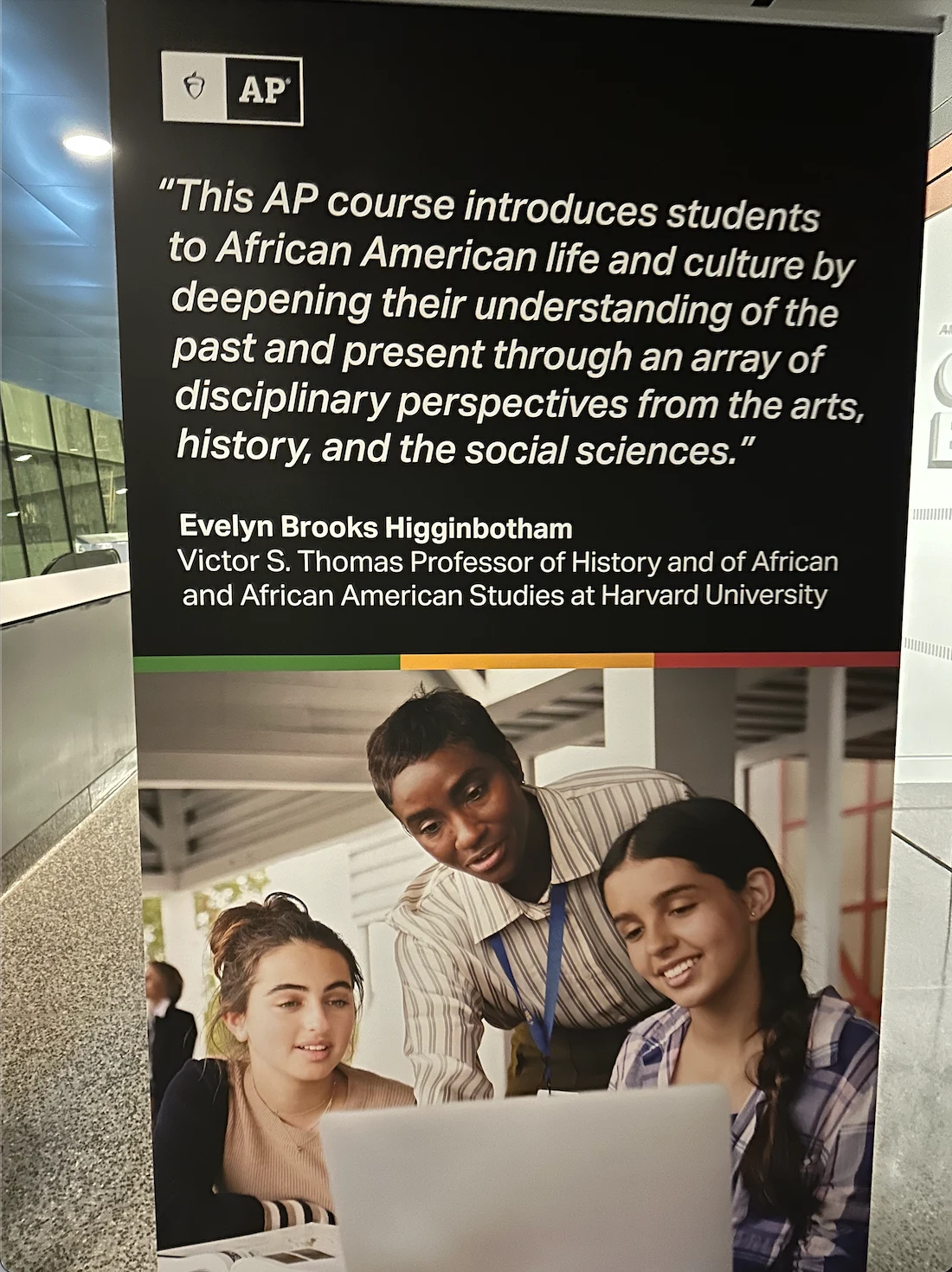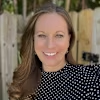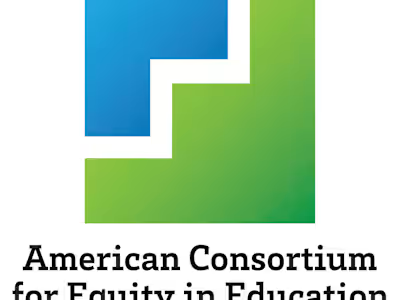Protecting Students’ Access to Inclusive Learning Materials

A contentious debate has been spiraling throughout the United States, to the point where some school libraries have removed books that celebrate inclusion and provide diverse perspectives (or even a critical lens) on American history and culture. As a result, we’re seeing important works like “The Kite Runner” by Khaled Hosseini and “The Bluest Eye” by Toni Morrison being written off as inappropriate and divisive.
Disputes are also brewing over social studies content…
Which historical figures and events should students learn about?
How should that content be presented?
What has been omitted or misrepresented?
What should a teacher do if a student asks a question that sparks a deeper discussion?
So here we are, wondering what happens next and how far this trend will spread. It has us thinking about what the role of education is in 2023 and how influential public officials should be in determining which learning materials children can access. And ultimately: how do these developments impact the quality of education for tens of millions of children?
We are the American Consortium for Equity in Education. Naturally, we oppose this kind of censorship. We believe strongly that when schools value diversity, equity and inclusion, everyone benefits. We support teachers who are providing each child with an equitable learning environment, grounded in empathy and mutual respect, because that’s how you work toward building a just and civil society.
But enough from me. We recently asked some educators and others who work in education for their insight and advice on these matters, and I’m pleased to be sharing some of their responses with you here.
Some states are experiencing a dramatic spike in censorship and some are doubling down efforts to protect their students from losing access to the content in question, but is anyone really insulated? We asked educators and thought leaders from red, blue and purple states and the consensus seems to be never say never.
“Once, we all agreed that with the facts on your side, you could win any argument. Today however, we can’t even agree on what a fact is. That’s a fact,” said Tom Whitby. “Governing bodies are becoming victim to groups swayed by ideological beliefs, as well as by mythological conspiracy theorists with loud voices.”
In some communities, teachers still feel free to have open and honest conversations about the content they’re teaching. That does not seem to be the rule, however, and many educators are worried.
“The state is afraid of the truth, districts are afraid of the state, and teachers just want to teach” said Mari Ann Banks, Equity Director at City Schools of Decatur in Georgia, adding that “When laws are created for the purpose of intimidation and suppression, they often work.”
Another respondent who asked not to be identified expressed a similar view. “I feel that most educators feel that they are not supported by administration to openly speak and have honest conversations for fear of backlash or no guidance and support, especially in areas of conversation that revolve around race, gender, or difficult situations, even history or current situations.”
So What Can Teachers Do?
We all understand what’s at stake and most of us have a pretty good idea of why this is happening, but none of that matters if we don’t actually do something about it.
“The best way to resist oppression is through collaboration and unity,” said Banks. “Find teachers of like mind, stand together, and fight back — legally or otherwise. Our first priority is to create a safe space for students. If that means you need to talk about one of these topics, and you can do that effectively and educationally – don’t shy away from them.”
“Build relationships with the school board, administrators and parents,” said Connecticut educator Eric Cooper. “Write opinion pieces on the topic in your local paper. Find organizations that can build alliances.”
And What Can the Greater Community Do?
In a nutshell: Stand up and speak out.
Use Your Voice
Request to speak in front of the groups that are proposing legislation that restricts culturally diverse books and resources.
Volunteer to visit schools and read inclusive books to children.
Attend school board meetings and provide public comment, clearly stating your position.
Use Your Keyboard
Write to your legislators.
Send an email or an editorial letter to your local paper and school board.
Use social media as a positive platform to share your views.
Use Your Wallet
“Make book purchases at stores that are providing free books to Florida students and teachers,” says Kristin Vogel-Campell, Coordinator of Special Education in the San Mateo Foster City School District in California. “Haymarket Books is leading this charge.”
Use Your Influence
“Ask questions about policy, procedure and processes first and try not to go down into individual beliefs,” suggests an author and leader consultant in South Carolina, adding that it’s not an easy thing to do!
If there is a protest or online petition, add your name to the list of supporters.
Publicly endorse political and school board candidates who are fighting for academic freedom.
Finally, we asked: What gives you hope?
“Educators understand that there is power in what we do in the classroom, and it is not a responsibility that we ever take lightly. Getting a chance to work with our students, their families, and fellow educators to co-create and build a world that is more just and inclusive is the hope that keeps me going every day.”
— Lauren Jewett, special education teacher and case manager in New Orleans, Louisiana
“People standing up to the bans and using the law to navigate them.”
– William Fee, Pennsylvania Librarian who also does STEM programming
“Gen Z and Alpha give me hope every day. Their narrative is more inclusive and they are actively working toward change.”
— Tammy Quist of Arizona, an educational consultant and elected Governing School Board President
We thank everyone who provided insight for this. Keep showing up and never give up.
About the Author More From This Author
Maia Appleby manages the editorial and creative strategy at the American Consortium for Equity in Education. She puts every issue of the Equity & Access Pre K-12 magazine together and runs a wide array of programs and initiatives to support educators and industry leaders who are working to provide equitable learning environments to students throughout the country. With 20+ years of experience in marketing and communications and a strong commitment to activism and social justice, she ensures that all of our messaging and content aligns with our mission. Connect with Maia on LinkedIn at .
Like this project
Posted Nov 26, 2023
Editorial compilation I put together in April, 2023.
Likes
0
Views
4





